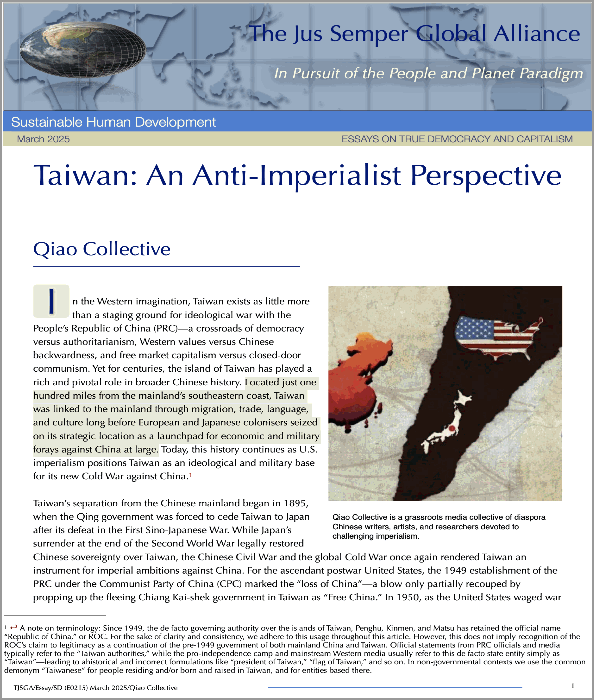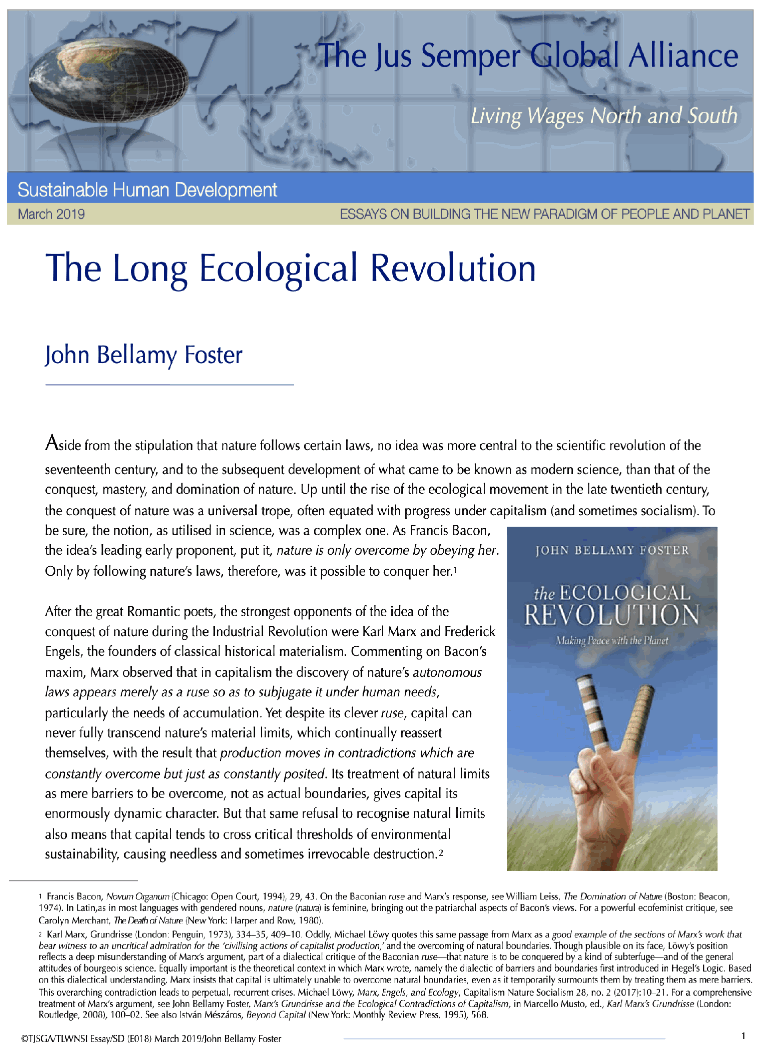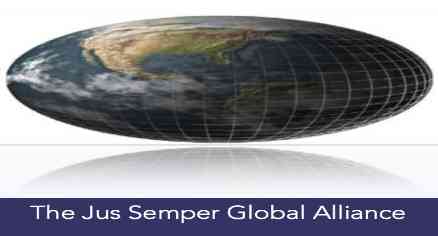The Long Ecological Revolution
John Bellamy Foster
No revolutionary movement exists in a vacuum; it is invariably confronted with counterrevolutionary doctrines designed to defend the status quo. In our era, ecological Marxism or ecosocialism, as the most comprehensive challenge to the structural crisis of our times, is being countered by capitalist ecomodernism—the outgrowth of an earlier ideology of modernism, which from the first opposed the notion that economic growth faced natural limits. If ecosocialism insists that a revolution to restore a sustainable human relation to the earth requires a frontal assault on the system of capital accumulation—and that this can only be accomplished by more egalitarian social relations and more consciously coevolutionary relations to the earth—ecomodernism promises precisely the opposite. Ecological contradictions, according to this ideology, can be surmounted by means of technological fixes and continued rapid growth in production, with no fundamental changes to the structure of our economy or society. The prevailing liberal approach to ecological problems, including climate change, has long put capital accumulation before people and the planet. It is maintained that through new technologies, demographic shifts (such as population control), and the mechanisms of the global free market, the existing system can successfully address the immense ecological challenges before us. In short, the solution to the ecological crises produced by capitalist accumulation is still more capitalist accumulation. All the while, we have been rapidly nearing the climate cliff (i.e., the breaking of the carbon budget) represented by the trillionth metric ton of carbon released into the atmosphere, now less than twenty years away if current trends continue.
In these dire circumstances, it is dispiriting but not altogether surprising that some self-styled socialists have jumped on the ecomodernist bandwagon, arguing against most ecologists and ecosocialists that what is required to address climate change and environmental problems as a whole is simply technological change, coupled with progressive redistribution of resources. Here again, the Earth System crisis is said not to demand fundamental changes in social relations and in the human metabolism with nature. Rather it is to be approached in instrumentalist terms as a formidable barrier to be overcome by means of extreme technology.
How then are we to see the necessary ecological and social revolution of our time? Today, the growing awareness of such problems, and of the inescapable human connection to the natural world as a whole, has led scientists to explore more sustainable forms of development, as in agroecology, bio-mimicry, and systems of ecological resilience. The overarching goal of an ecological society, Fred Magdoff and Chris Williams write in their new book Creating an Ecological Society, is to maintain the long-term health of the biosphere while equitably providing for human needs. This is not an impossible task, but it does require the development of science at a higher level—one not simply concerned with mechanical manipulation of the earth and its inhabitants for private gain, but founded on the understanding and concern for the complex collectivities that constitute living systems and human life itself. This requires ecological planning, but that in turn is only possible if social relations also change, reconceiving freedom in terms of needs deeper and wider than those of individual self-interest in a commodity economy.
But to achieve these things, we will need to break with business as usual, that is, with the current logic of capital, and introduce an entirely different logic, aimed at the creation of a fundamentally different social metabolic system of reproduction. To overcome centuries of alienation of nature and human labour, including the treatment of the global environment and most people—divided by class, gender, race, and ethnicity—as mere objects of conquest, expropriation, and exploitation, will require nothing less than a long ecological revolution, one which will necessarily entail victories and defeats and ever-renewed striving, occurring over centuries. It is a revolutionary struggle, though, that must commence now with a worldwide movement toward ecosocialism—one capable from its inception of setting limits on capital. This revolt will inevitably find its main impetus in an environmental proletariat, formed by the convergence of economic and ecological crises and the collective resistance of working communities and cultures—a new reality already emerging, particularly in the global South. In the long ecological revolution before us, the world will necessarily proceed from one earthly struggle to another. If the advent of the Anthropocene tells us anything, it is that humanity, through a single-minded pursuit of economic gain benefitting a relative few, is capable of producing a fatal rift in the biogeochemical cycles of the planet. It is time therefore to find another path: one of sustainable human development. This constitutes the entire meaning of revolution in our time.
For a full read of this essay, click here or on the picture to download the pdf file. |






